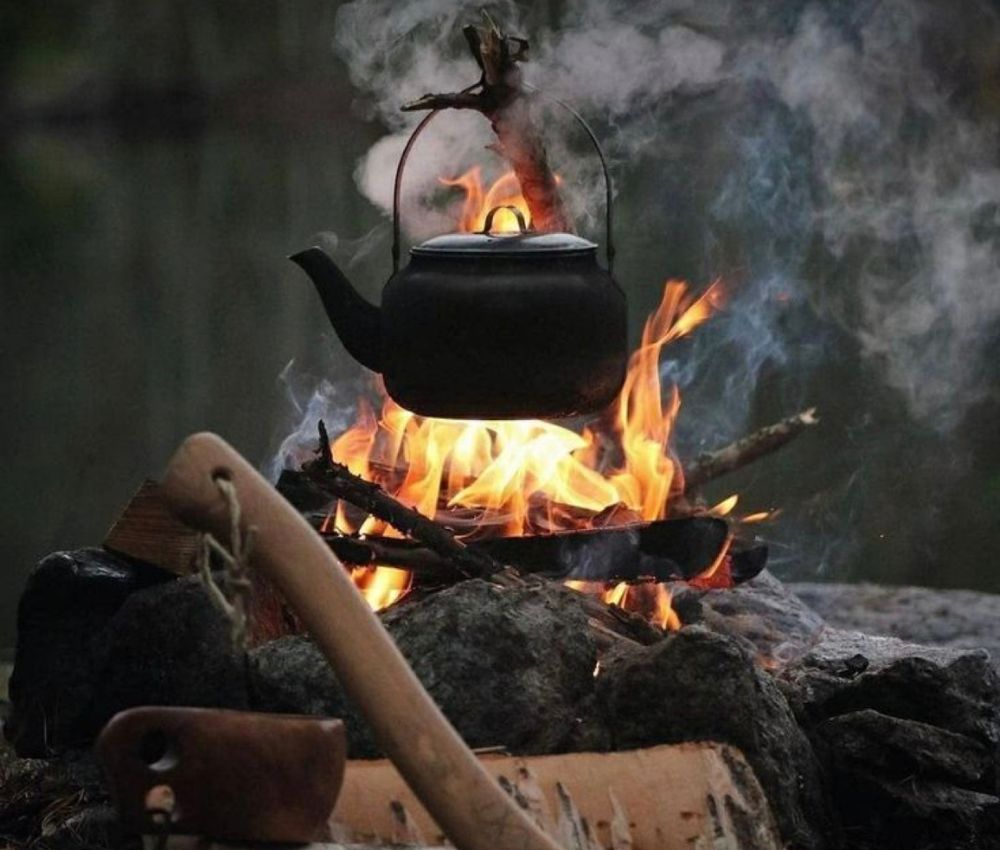Navigating Dominant Cultures

Navigating Dominant Cultures
Kia ora koutou, nau mai haere mai to another reflective piece on this week’s cuppa as we connected with our visitors and welcomed some new faces.
This week our yarn delved into the In Between-World, and in particular, where we may have experienced where one person, a group or a process dominates. Our cuppa captured both the beauty and challenges of navigating in-between. Our question prompt this week was,- “Have you experienced times where one culture is dominating over the other? And, what have been your responses?”
Our first person sharing reflected on their background and lived experiences as manuhiri - an immigrant now living in a Pākehā dominated environment and how that has impacted on how they live thier life now. As they have grown older, and desire to know more about their traditional cultural heritage, part of that journey requires to“trying to...balance it out” and they have done this by and through asking their parents questions, connecting to their culture through food, traditional games and celebrations.
Unpacking Cultural Layers - Sub-cultures
Our kōrero flowed, so too did the level of complexity in unpacking this concept of culture. One of our guests shared their thoughts on how sub-cultures can appear to be erased or even under-acknowledged when a dominant culture chooses to categorise a group of people in a certain way.
In their experience, this impacted how their parents, and how they viewed their own culture. They explained - “it's quite interesting to me, because we just get seen as everyone in this dominant culture. And we know amongst ourselves that there are very different versions of this, but we have no real words for it and why”. They added - “there's no context for there being a specific sub-culture within the dominant culture, because they were all just kind of blended.” This was speaking to the need to recognise for example that Māori are not all the same.
Some shared how the dominant culture they grew up in, influenced the way their parents acted, for example, one guest shared the challenges their parents faced when living in a place where the dominant culture was different to their own culture and that shaped and introduced new language and cultural ways into their lives. Another resonated with this particular experience and said - “I guess the dominant Western systems pushed our parents to be good in those systems”.
This was an interesting and poignant moment in our kōrero as it highlighted how some societies are underpinned by a dominant culture and language, and like water ripples, this affects how culture, sub-cultures, and language evolves.
Embracing the Dominant Culture and Appreciating your own Culture
Another shared a wonderful story about what its like living in another country with their family. As they spend six months in New Zealand and six months abroad in Sicily they reflected back, - 'the dominant cultures obviously theirs, and the dominant language is theirs, so we’ve had this beautiful opportunity of learning lots from each other while integrating into everyday life'. As a proud linguist whose mother tongue was not English, they also shared words of encouragement for one of our participants who was wanting to connect to their culture through language to - “honour that language as it is absolutely a vehicle for understanding how to connect with self and identity and wider cultural context”.
Facilitation - Understanding Dominant Culture
We used the word navigation quite a bit during this cuppa, especially when discussing the multiple layers of culture and sharing our lived experiences. To close, one of our visitors reflected, “This is why we use the word navigation, because that’s all we can do: navigate, and see where it takes us.”
This insight highlighted that it’s often within the intersections of cultures, not just between them, where our differences emerge. And when we try to amalgamate cultures into one, we risk erasing those differences and limiting people’s ability to bring their full selves to the table. We concluded that navigating cultural spaces, especially within and outside dominant cultural frameworks, is not a one-time act. It is an ongoing, conscious practice.
It was recognised that facilitation in these spaces is possible, and at times, very tricky. Some of our experienced facilitators shared that navigating those tricky spaces where a dominant culture is present requires an approach that encourages relationality within the group. - “it is the relational manner or structure of a group, and how much time as a facilitator we need to spend on building those relationships between the individuals in the room for an effective conversation or debate or learning opportunity to happen in an effective way.”
The Between-World or Intercultural framework that Walk Together uses during intercultural facilitation is called Mutual Ways
Mutual Ways supports participants in the Walking Together process to remain continually mindful of their power and positioning. By adopting Mutual Ways as both a mindset and a practice, participants learn to consistently check whether their ways, including values, purposes, outcomes, processes, and systems are aligned with mutual needs rather than only their own. With the support of the facilitator, they can recalibrate and reset for equity when needed.
Join us today [Friday 11 July] for an open topic. Register here.


